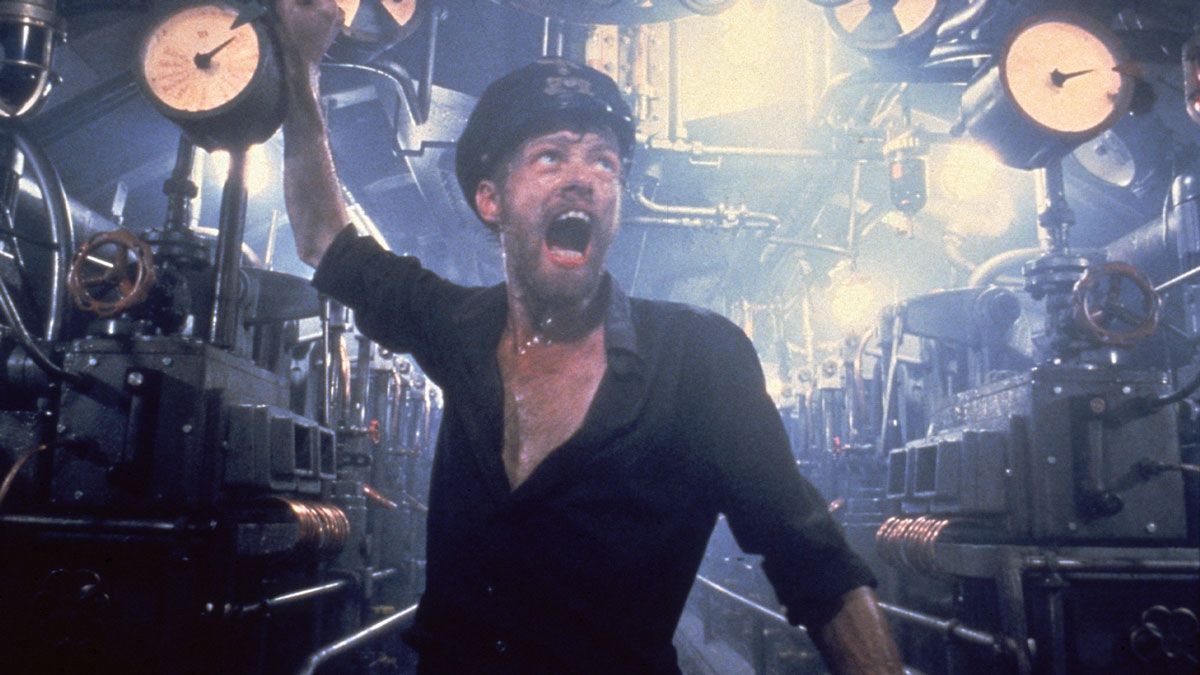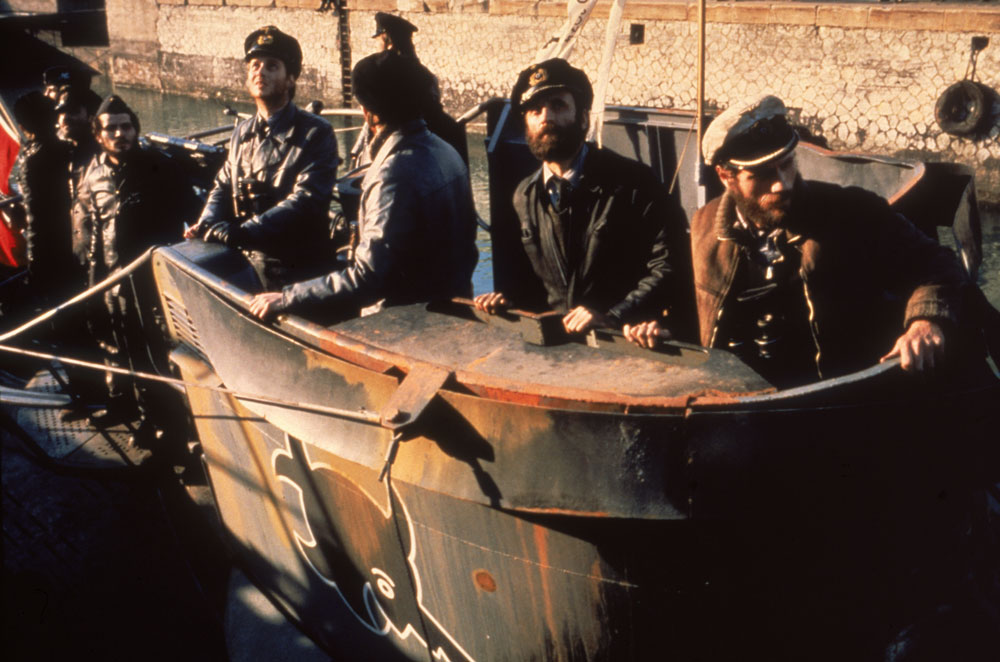
(c) Photofest / Getty Images
What do you realize about the true value of war movies by watching the drama version made after the movie ``The Boat'' was released?
2021.01.27
A drama version that rejects the romance of war and emphasizes the nature of torture.
Since ``war movies'' are movies, they naturally need to be entertaining. Naturally, battles as highlights are placed throughout the film to keep the audience from getting bored. As a result, those of us who don't know anything about war tend to think that we understand ``war'' through romantic war movies filled with the drama of the horror, misery, and death of battle. However, the drama version of ``The Boat'' rejects such a romantic view of war.
Trapped in a submarine that resembles an iron coffin, they endure the stench and shaking for days on end. I can't find any meaning in that life. It's a never-ending torture, like the myth of Sisyphus, who is forever carrying a tumbling boulder up a mountain.
In the second half of the drama, from episode 4 onward, the U-boat finally discovers an enemy transport ship and successfully destroys it with a torpedo. But the crew's joy is short-lived. They soon find themselves bombarded by destroyers with depth charges for hours. Even if he manages to escape with his life, he is ordered to take on a mission with an even lower chance of survival, and ends up doing his best to survive.

"The Boat" (c)Photofest / Getty Images
In this way, the first half of the drama version of ``The Boat'' depicts boredom and weariness like the torture of war, and the second half emphasizes the combative elements of being constantly attacked and how to survive that Inferno. .
Because the movie version focused on the battle in the second half, the original author, Buchheim, probably criticized it as a ``cheap American action movie.'' What he actually experienced while aboard a U-boat for two months was deeply imprinted on his mind: the Inferno of the ocean, isolated from civilized society, dominated by boredom and stench.
The drama version of The Boat , broadcast on BBC2 in 1984 , attracted 7 million viewers and was enthusiastically received by British critics. Furthermore, in February 1985, a drama version was broadcast on German television, and it is said that 50-60% of all German households watched it.
The 1981 movie version of ``The Boat'' is certainly wonderful. As a movie, it's tight and well-toned, with a dramatic theme song that gives you an uplifting feeling. However, the drama version raises reservations about our heightened viewing experience. ``Do you really think this is The Truth about war?'' the drama version seems to be asking.
By watching the movie version and drama version as a set, we experience the two sides of the same coin called war. ``The Boat'' has undergone a unique production process in film history, in which a drama version was created after the movie was released, and as a result it provides such a rare viewing experience.
Text: Tetsuya Inagaki
TV director. My personal goal is to realize a documentary project that depicts the obsessions of manga and movie creators. Programs he has directed in the past include ``The Godfather : The Man Who Revolutionized Manga'' (WOWOW), ``Takeshi's Birth: Master and Asakusa'' (NHK), ``Master and Disciple Story: The Encounter That Changed My Life'' [Masahiro Tanaka x Katsuya Nomura ] (NHK BS Premium).
(c) Photofest / Getty Images

